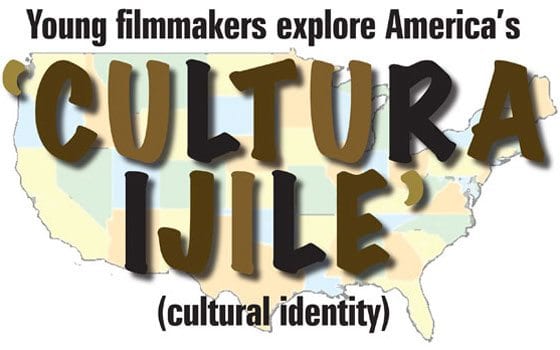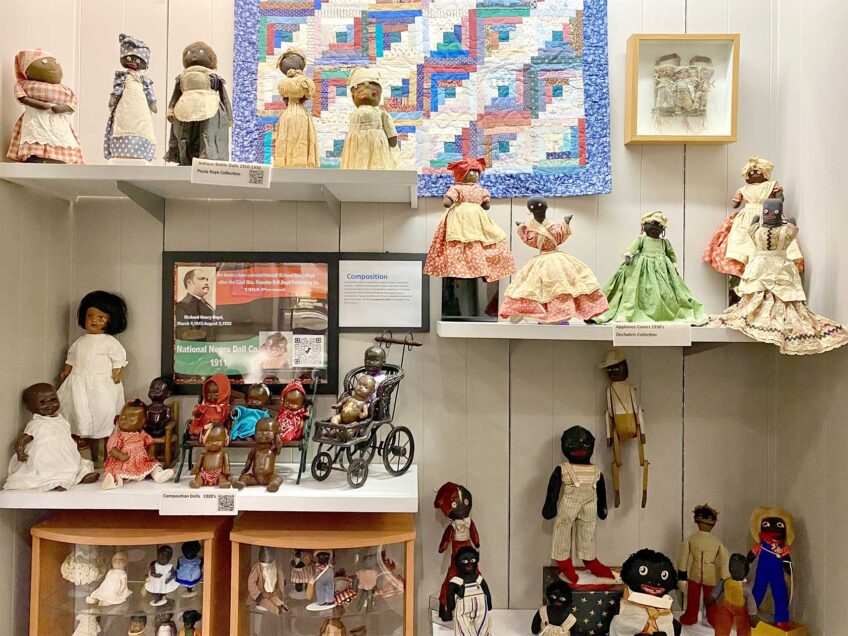

STONEHAM — Foley Ibidapo and Xavier Garcia have many stories to tell.
One of Ibidapo’s teachers used to call him “troublemaker” because he was black. Garcia’s football coach called him “retarded rhesus monkey” when the Puerto Rican youngster missed the ball.
Ibidapo’s teammates used the n-word to insult blacks on the street. Garcia’s classmates joked that he was a Mexican who crossed the border on a raft.
At Stoneham High School, they were “the BandB Brothers” — short for “black and brown.”
A decade later, now 25, Ibidapo remembers that everyday he would hear some type of comment, “something to put down my culture.”
“You pause and think, ‘Well, they are my friends. They probably don’t mean it,’” adds Garcia, also 25. “We just accepted it as, ‘This is what a football team is like.’ But there was a lot of damaging going on.”
When they decided to film one another talking about their experiences, they took the first steps toward a much larger project that could rectify some of that damage — “Cultura Ijile,” or “Cultural Identity.” “Cultura” means “culture” in Spanish; “ijile” means “identity” in Yoruba, a west African dialect.
The interviews are part of a documentary, to be finished later this year, intended to look their hometown square in the eye and, in the process, find “a better tomorrow.”
| Filmmakers Xavier Garcia (left) and Foley Ibidapo talk at Stoneham High School’s track, where they met over a decade ago. They are producing a documentary on racial tension and cultural diversity in Stoneham titled “Cultura Ijile.” (Daniela Caride photo) |
The project
“Cultura Ijile” follows several current and former residents of Stoneham, a suburban town of about 22,000 people — 95 percent of whom are white, according to data from the 2000 U.S. Census — located 10 miles northwest of Boston. The film uses the personal stories of the residents, all of whom come from different ethnic, cultural and religious backgrounds, to explore the larger theme of cultural identity in America.
The filmmakers say the project examines the idea that everyone lives similar experiences, regardless of origin and roots — that even though we’re all different, we’re all the same.
“Stoneham is a unique place. But the suburban Americana can be seen as a great example of macro America,” says Ibidapo.
They have raised almost $10,000 for the project over the last two years, but still need another $20,000 to finish filming and properly edit the material.
“Through archival film, photographs, interviews and graphics, we show the audience the social complexities of American society through the town of Stoneham,” the filmmakers wrote in the sponsorship brochure they sent to prospective investors.
“We show the past ignorance of our society, its current progression and the hope for a better tomorrow,” they wrote.
The people
Garcia’s Stoneham story began in 1989, when he emigrated from Puerto Rico after his father Ismael was offered a housekeeping position at the newly opened New England Memorial Hospital. The facility, part of the soaring health care industry in a town traditionally known for agriculture and shoemaking, was recruiting people of various ethnicities, religions and cultures. At the time, Stoneham was even more homogeneous — over 97 percent white, according to the 1990 Census.
Garcia, his father, his brother Jonathan and his mother Delia lived together for a time in a one-room apartment on the hospital grounds with a small section for a toilet and a bath. They later moved to a more accommodating house a few blocks away — on the same street where Ibidapo lived when he moved from Florida to Stoneham in 1997 with his mother, Dorette Ellis, and his sister Toyin.
A single mother with two children, Ellis rented the apartment, the cheapest place she could find, while pursuing a post-doctoral fellowship in neuroscience.
Ibidapo’s family soon moved to a building cleaned by Ismael’s maintenance company. The two boys often saw one another while Garcia helped his father.
As seventh-graders at Stoneham Middle School, they became friends when they joined the track team. In ninth grade, they hooked up with three other good friends of different ethnicities who played football together. They called themselves “the League of Nations.”
“Sports is what brought us all together,” says Garcia.
“’Cause we were outsiders, we were more welcoming to everybody else than the other cliques,” adds Ibidapo, the school’s only black student.


![Banner [Virtual] Art Gallery](https://baystatebanner.com/wp-content/uploads/2024/04/Cagen-Luse_Men-at-store-e1713991226112-150x150.jpg)

![Banner [Virtual] Art Gallery](https://baystatebanner.com/wp-content/uploads/2024/04/Cagen-Luse_Men-at-store-e1713991226112-848x569.jpg)

